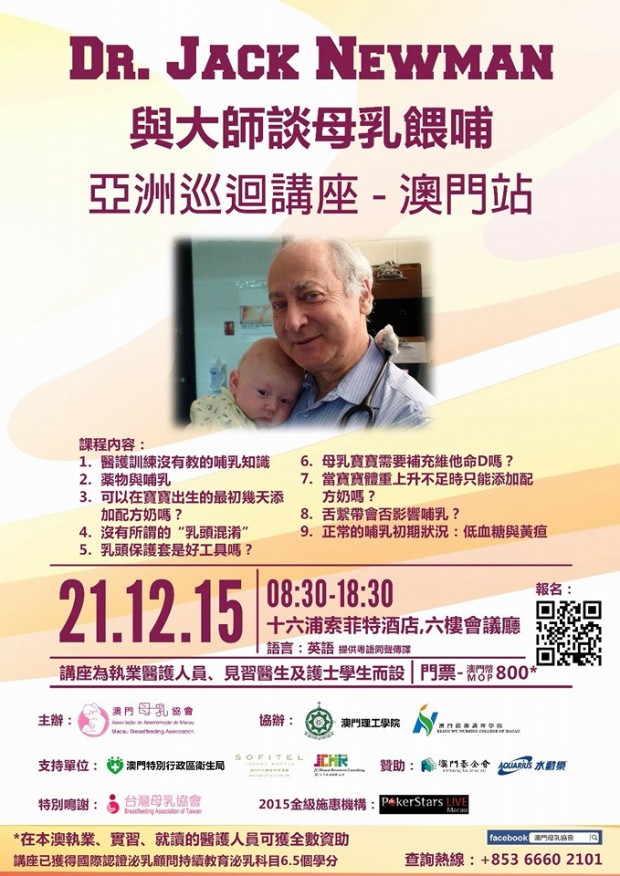 So how DO we serve the underserved communities? I mentioned before changing from the inside out.
So how DO we serve the underserved communities? I mentioned before changing from the inside out.
- Education
What I plan to do here is to begin with English language childbirth education. I am a certified HypnoBirthing® Practitioner and am beginning this comprehensive series this month. I believe this will start to open people’s minds to the idea that birth does not mean submission to an authority figure. A favourite Ina May Gaskin quote:
“Remember this, for it is as true as true gets: Your body is not a lemon. You are not a machine. The Creator is not a careless mechanic. Human female bodies have the same potential to give birth as well as aardvarks, lions, rhinoceri, elephants, moose, and water buffalo. Even if it has not been your habit throughout your life so far, I recommend that you learn to think positively about your body.”
― Ina May Gaskin, Ina May’s Guide to Childbirth
This pretty much sums up the aim of HypnoBirthing®: your body is designed to give birth, and your attitude towards your birthing body will shape your experience of your birth.
2. Community
I plan to bring moms together in the expat community to get to know each other and me, by way of facilitating a breastfeeding support group and a ‘newly born and nearly born’ group. This will expose them to my radical uncommon-to-this-part-of-the-world ideas about gentle and family-centred birthing, as well as allow them to discuss these ideas amongst their peers. I see this as a golden opportunity to provide support and education to those who are unable or uninterested in pursuing my client services. Also, they will learn that doulas aren’t all as portrayed in the media and entertainment. Most of us are quite sensible, pragmatic, albeit passionate, feminists whose egos and personal preferences stay out of the doula-client relationship.
3. Lobbying/Shmoozing
If I intend to get into the hospitals (where labour companions are currently unwelcome), I need to get the hospital staff to know me and understand what I do and why I do it. I will begin by requesting meetings with the prenatal care providers (who only provide care outside of the hospitals, not during birthing times), and woo them, shamelessly. It has been noted by other doulas and birth professionals that delivering goodies, treats, coffee, what-have-you along with business cards will usually secure a meeting with the doctors. In the USA (perhaps in Canada too…) pharmaceutical reps do this all the time to get their product into doctors offices. I have in mind a few clinics that seem like they are open to a more wholistic approach to prenatal care and I will start there first. Knowing with confidence that they will love and appreciate the community’s need for the services I have to offer, I will promise to cross promote their clinic. Once I have infiltrated this level of care, I will learn more about the hospital system of obstetrics and continue to look for an opening there. If none arises, I have another trick up my sleeve that involves selling a product to the hospitals for use in their labour and delivery wards. Basically, anything that gets my face and personality and confident manner into their minds will give credibility to the the term DOULA.
4. Professional Development Opportunities
In addition to attracting more passionate birth advocates and feminists to the work–two of whom I plan to hire to work with me before the end of the year–once my name and face are known in the hospitals, I will begin marketing labour support education classes to the hospitals. Continuing education for their nurses and L&D staff, based on techniques that are not known over here, and backed by statistics that show that this won’t add to their work load, it will actually make it lighter by having fewer instances that require medical intervention. I can’t offer too many details here just yet, but stay tuned…
5. Build a Self-Sustaining Company
This is my end game. Before I leave Macau (because to be honest, my family has desires to be elsewhere in the long term), I want to have a company that can operate in my absence, continuing to share my ideals and philosophies with the next generation of birthing families. But this is the long-term goal, one step, month, year at a time! What this will look like in the short term will be branding, fortified by community service among the underserved community (in this case, it will be folks who cannot access my English-language services, and young/unmarried mothers in crisis pregnancies). The community service will eventually be set up as a foundation in conjunction with the for-profit company so that one can feed the other, and the community can access it while keeping the birth workers working for comfortable living wages, and attracting more birth workers from the underserved communities to work with their own peers.
Connecting my long-term vision to the present, I absolutely recognize the need and right of all women birthing in Macau to have options and choices and feel that they are confident in making these choices work for them. Starting work with the ones who are accessible to me (the English speaking, therefore most likely expat women) I will plant the seeds of change by allowing these first women to demonstrate what informed consent looks like.



